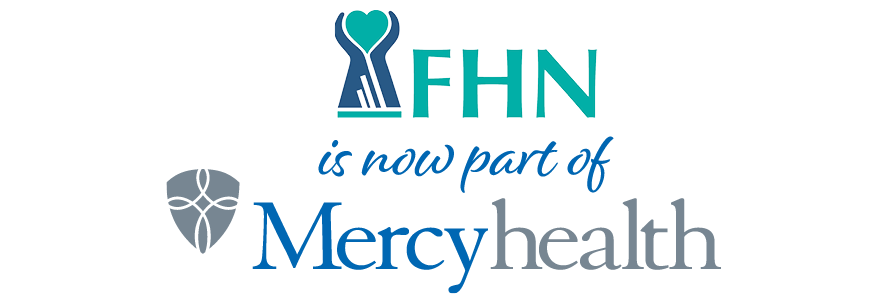
Everything you do can impact your baby's health, as well as your own. It only makes sense to avoid potential problems. Alcohol, tobacco, and drug use can be especially unsafe, and may cause serious long-term harm. From birth defects to life-threatening conditions for you or your baby, substance abuse is a risk you want to avoid.
If you need assistance with abuse or addictions, please share your problems with a member of your healthcare team as soon as possible. Help is available. With the proper support and resources, you can achieve a healthier, more positive lifestyle. Please...do not drink alcohol, smoke, or do drugs while pregnant.
| RISK | ASSOCIATED PROBLEMS |
|
ALCOHOL Alcohol passes through the placenta, where it is broken down more slowly and leads to higher blood alcohol levels in the baby’s body for longer time periods. No amount of alcohol use during pregnancy has been proven safe. |
Miscarriage, stillbirth, low birth weight, mental retardation, birth defects (especially in the heart and brain), behavioral problems, learning disabilities, and physical deformities (such as small eyes, short nose, and flat cheeks). |
|
SMOKING Smoking exposes you and your baby to chemicals found in tobacco, such as nicotine, tar, carbon monoxide, cyanide, etc. These substances interfere with your baby getting proper nutrients, blood flow, and oxygen. |
Pre-term labor, placenta previa, low birth weight, Sudden Infant Death Syndrome (SIDS), chronic respiratory illness during childhood, problems with physical growth, impairments, and learning disabilities. |
|
MARIJUANA Marijuana deprives the baby of vital nutrients and oxygen and remains in the baby's fat cells for seven to 30 days. |
Miscarriage, stillbirth, premature labor, hyperactivity and irritability in the newborn, low birth weight, attention deficit and learning disabilities, and increased risk of certain childhood cancers. |
|
COCAINE, CRACK, HEROIN, AND UNPRESCRIBED OPIATE MEDICATIONS These drugs are highly addictive for moms and babies. They attack the central nervous system and cause a decrease in the baby’s blood flow, which can deprive him or her of nutrients and oxygen. |
Miscarriage, placental abruption, premature birth, bleeding, birth defects, brain damage, death, fetal strokes, low birth weight, and Sudden Infant Death Syndrome (SIDS). Serious withdrawal symptoms are often exhibited after birth. Behavioral problems, feeding and sleeping difficulties, and increased irritability are common in affected babies. |
|
METHAMPHETAMINES OR "SPEED" These drugs deprive unborn babies of nutrients and oxygen and are highly addictive. Any use can cause serious safety concerns. |
Premature labor, miscarriage, or placental abruption; decreased fetal weight, length, and head size; strokes, bleeding into the brain; withdrawal symptoms, and learning difficulties. |